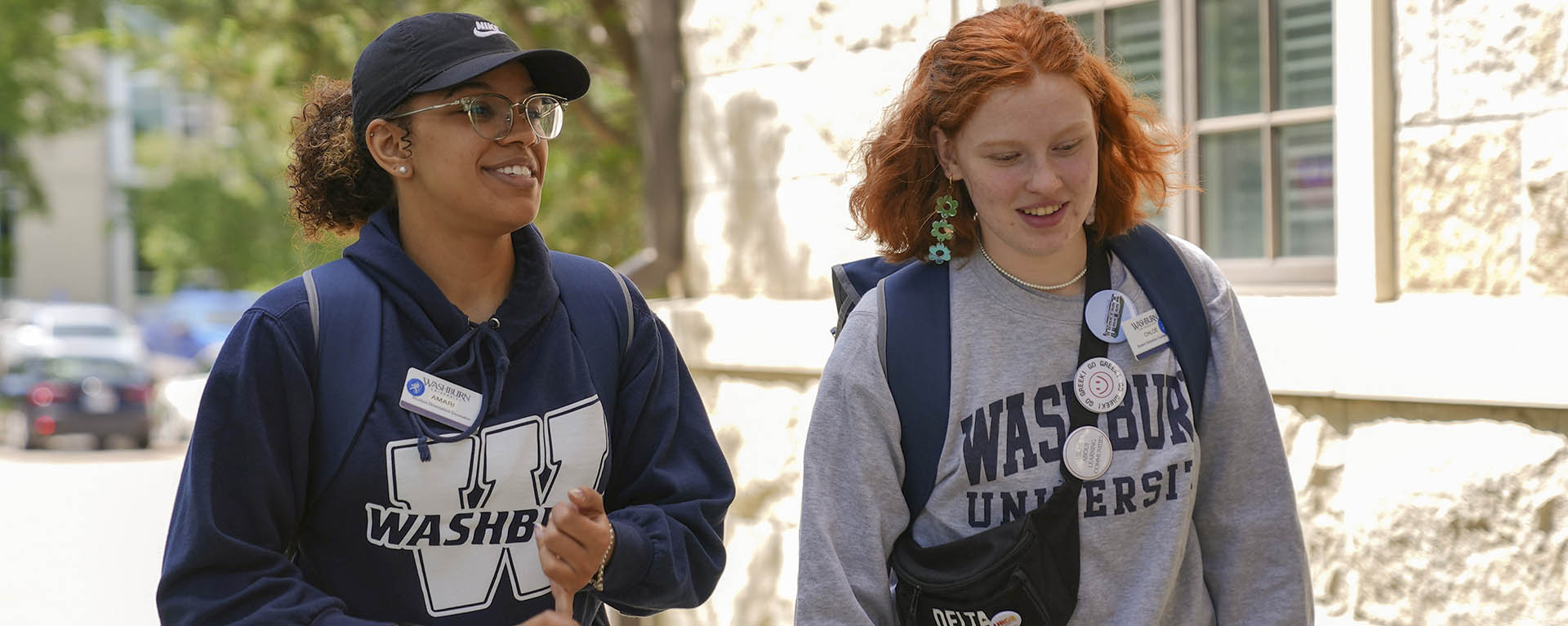
What is community-engaged learning?
Community-engaged learning (CEL), also known as community-based learning, service-learning, or community service education, refers to an educational approach that integrates classroom instruction with meaningful community experiences. It is a pedagogical strategy that aims to enhance students' understanding of course content, develop their critical thinking and problem-solving skills, and foster a sense of civic responsibility and social awareness.
What are the key elements of CEL?
In CEL, students actively participate in community projects, research, or other forms of service work that are related to the learning outcomes of a credit-bearing course. These experiences allow students to apply theoretical concepts to real-world situations, gain practical skills, and collaborate with community members to address actual needs and challenges.
Key elements of CEL include:
- Integration of Theory and Practice: Students connect their classroom learning to real-world contexts, gaining a deeper understanding of how theoretical concepts apply in practical situations.
- Reciprocal Partnerships: CEL involves collaboration between educational institutions and community organizations. Both parties benefit from the exchange of knowledge, resources, and expertise.
- Reflection: Students engage in reflective activities that encourage them to analyze and critically evaluate their experiences, insights, and the impact of their service on the community and themselves.
- Civic Engagement: CEL encourages active citizenship and social responsibility by promoting a sense of empathy, compassion, and commitment to addressing societal issues.
- Experiential Learning: Students learn by doing, often in real-world settings, which can lead to a deeper and more meaningful understanding of the subject matter.
- Mutual Learning: Both students and community partners learn from each other, creating a dynamic learning environment where different perspectives and expertise are valued.
What are some examples of community-engaged learning?
- Students in an anthropology course working with a local non-profit to conduct research on homelessness and then developing recommendations for addressing the issue.
- Nursing students providing health education workshops at community centers to promote community health.
- Environmental science students collaborating with a conservation organization to restore a local wetland area while learning about ecosystem management.
- Spanish students translating local nonprofit websites and marketing materials.
- Business students mentoring local high school students about personal finance.
How does CEL impact students?
Scholars (e.g., Matthews et al 2016, Chittum et al 2022, etc. ) have documented how community-engaged learning has a transformative impact on students by bridging classroom knowledge with real-world experiences. It cultivates critical thinking, empathy, and practical skills through hands-on engagement with community issues. Students develop a deeper understanding of course content as they apply it to meaningful projects, fostering a sense of civic responsibility and social awareness. This approach nurtures well-rounded individuals who not only excel academically but also become active, compassionate citizens ready to address societal challenges and contribute positively to their communities. Finley and McNair (2013) found that students who participate in CEL experiences as undergraduates are more likely to graduate.
How can I learn more about community-engaged learning at Washburn?
LinC is here to help support faculty and staff interested in creating or strengthening CEL courses. We can provide resources and funding, connect you with community partners and others on campus engaged in this work, and help you talk about your community-based scholarship through conferences, publishing, and in your tenure and promotion materials. If you would like to find out more about CEL, want to be added to Washburn’s CEL Teams group, or would like to schedule a consultation, contact Jason Miller, Coordinator of Community-Engaged Learning, at jason.miller2@washburn.edu or 785.670.1746.
GET IN TOUCH WITH LinC
LinC Program
Benton Hall 209
1700 SW College Ave.
Topeka, KS 66621
Phone & Email
785.670.1950
LinC@washburn.edu

